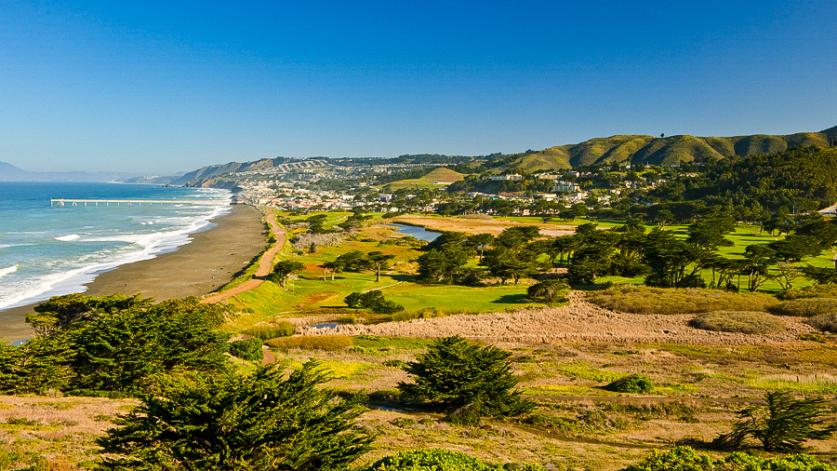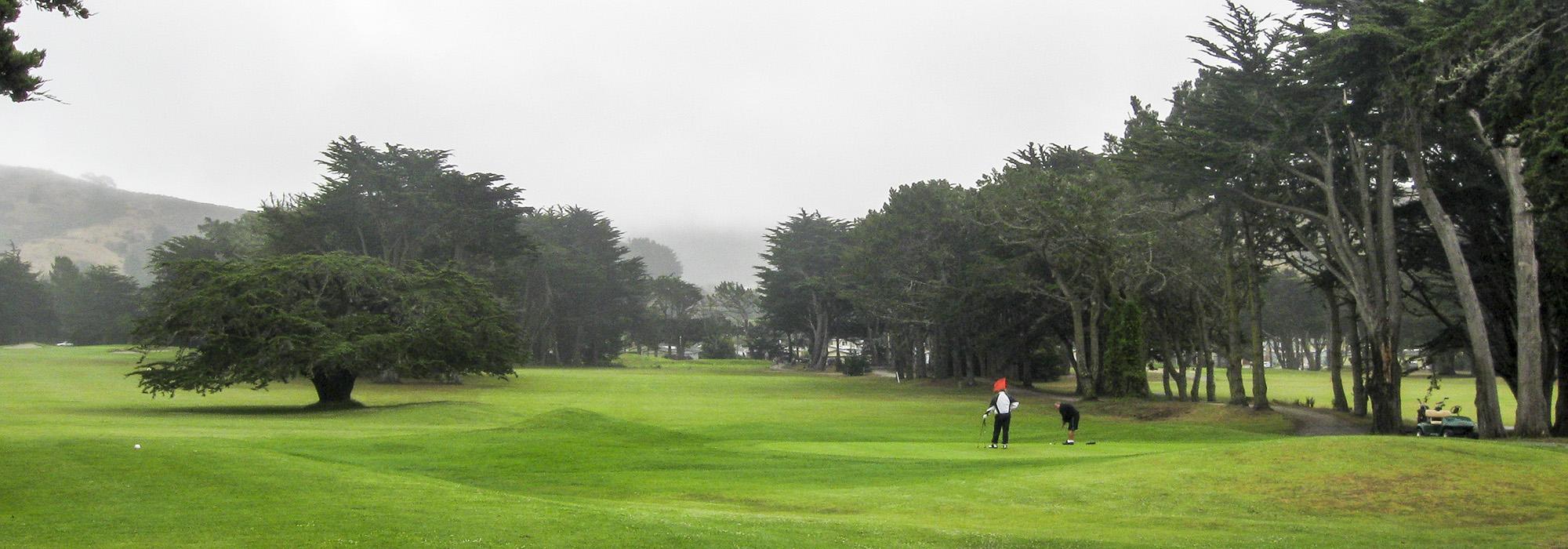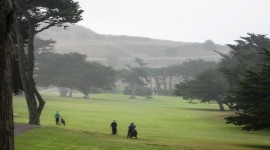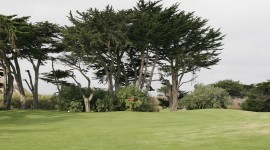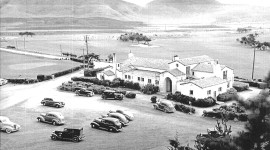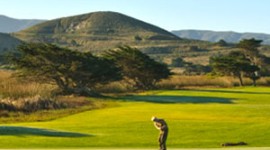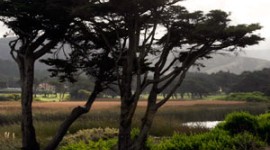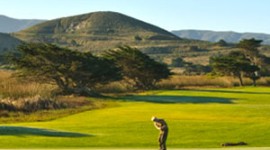Sharp Park Plan Moves Forward
Park lovers, golfers and other fans of Sharp Park Golf Course scored an important victory recently when San Francisco’s Board of Supervisors voted nine-to-one to approve continued operation of the Alister MacKenzie-designed site as a golf course, rather than turn it into a wildlife sanctuary. The vote culminated an eight-year political and legal fight over the scenic 85-year-old seaside city-owned public links located in Pacifica.
Alister MacKenzie (1870-1934), a Yorkshire, England-born medical doctor-turned golf course designer who immigrated to the United States in the 1920s, created Sharp Park as a municipal course for the City of San Francisco in 1930-32. Sharp Park was followed by the contruction of one of MacKenzie's most famous courses, the Augusta National Golf Club in Georgia, home of the annual Masters Tournament.
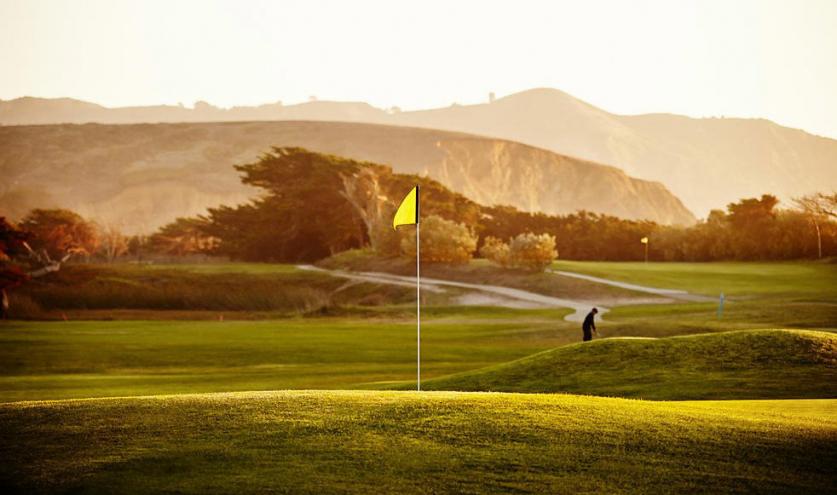
Over the past eight years, efforts have been made to close Sharp Park and convert it to a wildlife sanctuary for the endangered San Francisco Garter Snake and the protected California Red-legged Frog (the official state amphibian). The freshwater wildlife was first found at the park in 1946 in an area created during construction of the golf course that severed the connection between the Pacific Ocean and Laguna Salada, thereby converting what had been a brackish marsh into suitable habitat. However, efforts to transform the golf course to a wildlife refuge have consistently been rejected by several San Francisco city agencies, the California Coastal Commission, U.S. Fish & Wildlife Service, and other state and federal regulatory bodies. Moreover, from 2012 to 2015, four different state and federal trial and appellate courts dismissed lawsuits filed by advocates for creating a wildlife sanctuary, and in 2015, the Coastal Commission emphasized the importance of balancing the historic and public recreation values of the course with the need to protect endangered species.
On February 28, 2017, the Board of Supervisors was set to receive another appeal challenging a December 2016 decision by the San Francisco Planning and Recreation & Park Commissions to certify a Final Environmental Impact Report and adopt the Sharp Park Restoration Plan. However, when the time came to put forth their case, the appellants announced withdrawal of their appeal. Community support for the restoration of the course had spoken loud and clear; during the two weeks prior to the hearing, park supporters submitted more than 1,000 e-mails and letters, pleading the case for Sharp Park.
The Board of Supervisors approved continued operation of the eighteen-hole Sharp Park course; designated the links as “historic resource property” under the California Environmental Quality Act; and approved modification of three holes on the margin of a freshwater marsh at the center of the course for species habitat, on condition that the changes be consistent with the course’s historic design and character.
“There’s still a lot of work to be done to restore MacKenzie’s masterpiece at Sharp Park,” concluded San Francisco Public Golf Alliance co-founder Bo Links, “but now the wind is at our back.”
--
The lead in defending and advocating for the golf course has been the non-profit, pro-bono San Francisco Public Golf Alliance. For more information or to get involved, contact the organization's founders: Richard Harris and Bo Links.
